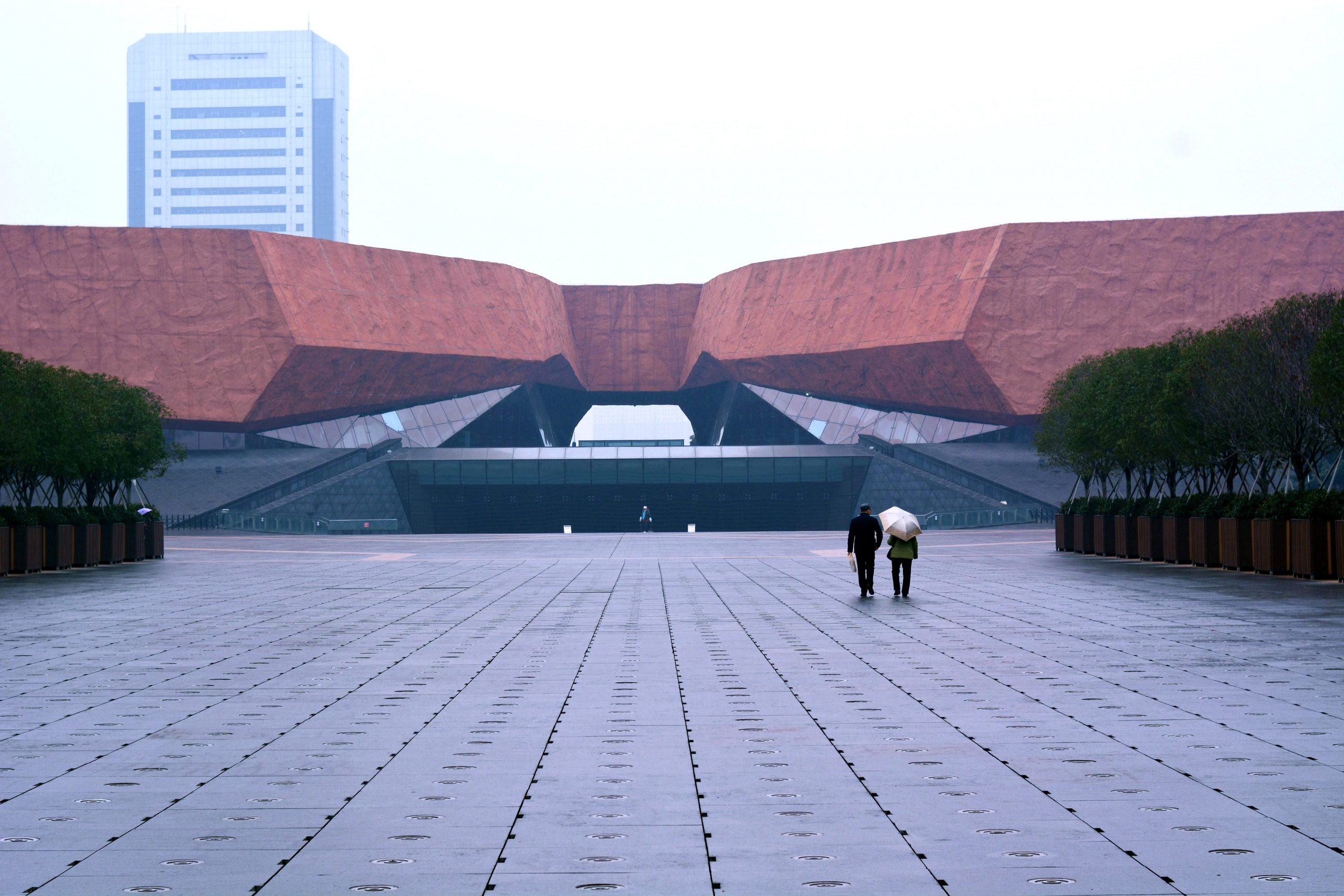As Wuhan emerges from a lockdown of over two months, the industrial hub of 11 million people is rapidly making its way back to normalcy.
One chipmaker headquartered in the epicenter of the global coronavirus pandemic has already put the suspension behind it.
Yangtze Memory Technologies has returned to full operation, said CEO Simon Yang, who adds that the company is even setting a goal to expand production capacity.
As of Saturday, 97.2% of industrial enterprises in Wuhan had resumed operation, according to city officials. Local government authorities are actively supporting the resumption of activity of core companies.
One of them is Dongfeng Motor Group, which operates an automotive joint venture with Japan’s Honda Motor. The two partly restarted their Wuhan assembly plants on March 11, but utilization remained low due to a stalled supply chain and the absence of Japanese technicians.
Many Chinese tech firms rely on production equipment built by foreign makers. The government is processing entry visas for non-Chinese technicians, indicating that they will be swiftly brought onto factory floors to help boost output capacity.
When it was announced in late March that Wuhan’s clampdown would be lifted, the local government ramped up efforts to lift factory utilization rates at major manufacturers. One main plank is a project that brought back foreign staff who took refuge in other parts of China, according to a source close to the Wuhan city government.
Around 100 foreigners will be back in the city by the end of this week, according to projections. Logistics firms and other companies along the supply chain have received state assistance as well.
The local government has particularly focused on Honda plants in Wuhan, which now have utilization rates hovering around 50%, according to an industry source.
Sales of Honda vehicles have also picked up and the automaker aims to attain normal operating rates by the end of the month.
According to local media, display panel makers China Star Optoelectronics Technology and Tianma Microelectronics as well as one of the world’s largest fiber optic manufacturers have resumed operations in the city and are raising utilization rates. Major device manufacturers such as Xiaomi and Lenovo Group have also restarted their Wuhan operations .
After imposing a lockdown on Jan. 23, authorities on Wednesday allowed outbound travel for Wuhan residents who can prove they are in good health. But during that span, the government ordered some stores to remain open because they provide essential services to consumers.
Aeon, Japan’s largest retailer, has continued to operate its directly managed superstores in Wuhan. On April 1, the company restored normal operations at the Aeon Mall after shuttering the shopping center for weeks. Japanese convenience-store operator Lawson kept its minimarts open as well during the shutdown.
